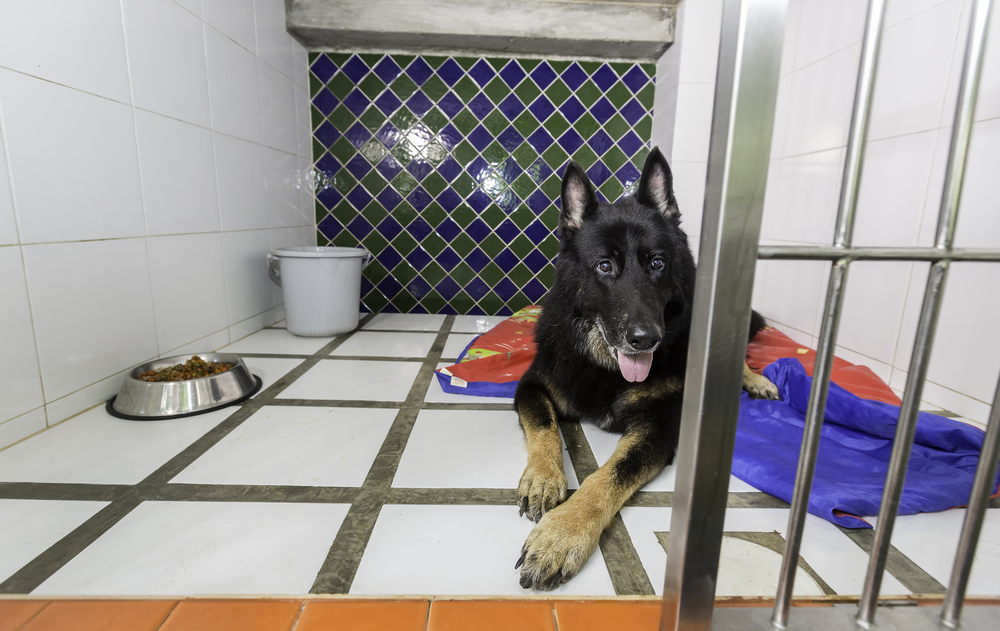£0.00 (0) Cart
Millions of people look forward to a break away each year, whether in this country or somewhere more exotic. Whilst many of us plan holidays that can accommodate our pets, such as in pet friendly hotels, camping or lodges, there is often no other choice than to find alternative care for our cats and dogs.
This decision is never taken lightly, so we have put together a few of the options that you will have available, along with the preparations you should make in order to make their time away from you as easy and calm as possible.

This can often be the least disruptive of your options. Asking someone you trust to stay in your own home allows your cat or dog to continue with their daily routine with very little change.
Leave your house sitter a list of their feeding and walk times, making sure that there is plenty of their preferred food in the house. Write a list of emergency contact numbers, such as your mobile, a family member who lives nearby and also of your vet in case of treatment being needed.
The best holiday care for pets can sometimes be found at your local boarding kennel. Start by researching the ones in your local area and ask around for recommendations from friends and family. Available places are likely to book up fast, particularly for stays during the summer season. Once you have a kennel in mind, ask if you can visit in order to look around. Check that your dog or cat will have ample space to live and sleep in, with plenty of room to exercise outdoors. Ask how many staff usually work at one time and if your pet will have the same friendly faces throughout their stay, as well as how many walks they will be given on each day.
If you are happy with the kennel, put together a list of instructions before you drop your pet off for their stay. Make sure that you include; your contact details and those of your vet, medication and when it must be taken, their food along their feeding routine, microchip information and any behaviour issues that may affect their stay. Ask if they will need proof of their vaccinations being up to date and if they have adequate insurance cover in case anything should happen. Give details about how your pet gets on with other animals and remember to mention if they should not be allowed off the lead. Finally, take their favourite toys and blankets so that they have some familiarity in the new surroundings. You could always leave an item of your clothing with them, so that they have your familiar scent in order to calm them. Don’t be afraid to call the kennels whilst you are away, it is only natural that you will worry about them and the staff will be happy to update you on how they are doing.
You could ask a friend that you trust to care for your cat or dog at their own house. Check first that they like animals enough to have them in their home, asking if any pet that they may already have will get on with a new temporary addition to the household. If your dog is nervous around children this might be something that rules out a particular friend from caring for them.
The ideal situation would be for your friend to have a secure garden that your pet can roam around in and be able to go to the toilet whenever they wish. If they have no garden, then ask where there is nearby that could be a good walking spot and make sure that they will be taken there a couple of times a day. In the same way as having a house sitter for your own home, leave a comprehensive list of instructions and contact numbers, ensuring that you provide them with ample food, any required medication and a couple of food and drink bowls. Their favourite toys, blankets and beds will help your pet to settle in much more easily.
It is likely that your pet will have missed you as much as you have missed them, so make sure that you allocate plenty of time that you can devote to them. Take dogs for a long walk and play with your cat to show them that you will be giving them your undivided attention once again.
It is advisable to give dogs a bath if you have been letting them live elsewhere, to counteract any risk of picking up fleas or ticks from other dogs or from walks in unfamiliar territory. Let them get plenty of rest whilst they adjust to you all being back together again, attempting to get back to the old routine as seamlessly as possible.
Sources
https://www.bluecross.org.uk/pet-advice/boarding-kennel-advice-and-alternatives